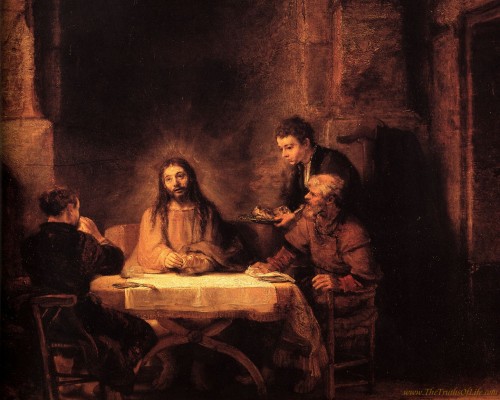Social Media is Unchristian
Once I read a really revealing book about social media and the primary 21st century economy. The book I speak of is 24/7 by Columbia University boy Jonathan Crary.
Jonathan’s thesis is that American and Americanlike people reside in a contemptuous 24/7 universe. Throughout the book, Jonathan explains what the term “24/7” means to him. According to Jonathan, 24/7 is a “time of indifference” that “renders plausible, even normal, the idea of working without pause, without limits.” If 24/7 was a person, it’d be an indelicate, indiscriminate one who insists on pumping out putrid products (like iPads and bisexuals) even on the most divine day of the year: Christmastime. 24/7 “decrees the absoluteness of availability.” Like those excessively-sexed gays, 24/7 people are always available. Whether it’s formulating a Facebook status, an Instagram, or a Tweet, in the 24/7 zone, accumulation occurs nonstop.
The base of 24/7 people’s identity is social media. Jonathan says that there are “numerous pressures” for these types to be like the “dematerialized commodities and social connections in which they are immersed so extensively.” Jonathan then posits that 24/ people “invent a self-understanding that optimizes or facilitates their participation in digital milieus and speeds.” Oscar says, “One should either be a work of art, or wear a work of art.” 24/7 people, though, want to be their social media accounts: open, overt, public, and explicit. Mystery and secrets are assaulted. Unlike the thrilling Victorian tales, where colonized girls are kept in attics and orphan boys haunt feverish heroines, 24/7 people conceal nothing, since their circumstances command constant communication.
Google boy Eric Schmidt deems the 21st century the “attention economy.” For Jonathan, Eric and others (like that utterly un-stylish Mark Zuckerberg), aim to normalize “unbroken engagement with illuminated screens of diverse kinds that unremittingly demand interest or response.” In the 24/7 world, thought and reflection are allocated little value. Any moment that isn’t spent liking something or refreshing something or commenting on something is of no use, since it’s a moment devoid of production.
One of the sharpest and staunchest Christian boys ever, John Milton, believed that the commendable Christian’s primary task is to search for truth. Eden is so estimable because truth is installed in one location: God. All one must do is obey Him. But Eve (a girl) didn’t do that, so she, her boy, and consolidated truth bid bye-bye. Now, in the perverted postlapsarian predicament, Milton says truth “opens herself faster than the pace of method and discourse can overtake her.” Post-Eden truth is mobile, quick, nimble, and elusive. But the wonderful Christian never ceases to try to collect as much of it as he can. Through reading, reflecting, and thought, Milton could capture truth and “unite those dissevered pieces.”
The 24/7 world and Christianity are archenemies. The former is founded on careless compulsion, while the latter is infinitely entwined with divine consideration.
God engenders everything, so he obviously made Instagram, Twitter, and so on. But God is also really mischievous (just ask Job), so maybe he made these things to separate the thoughtful ones (Christians) from the fartheads (unchristians). Eric Schmidt and Mark Zuckerberg and all those other Cali boys may have mounds of power now, but when the coda comes, they’ll be spending their forever in hell, not heaven.

